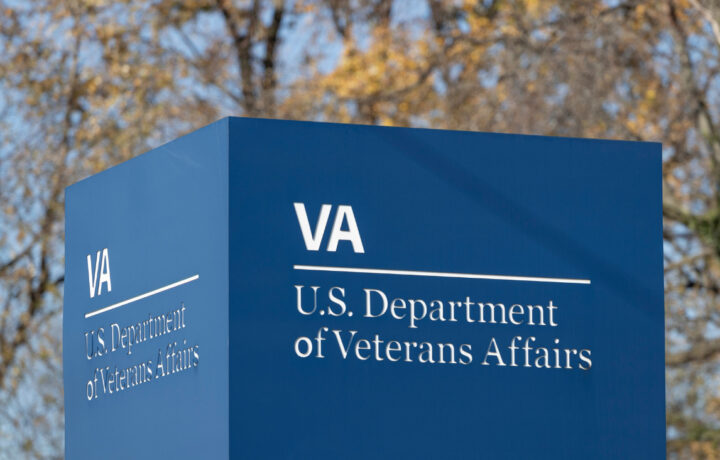Newly transitioning service members and veterans undergoing the VA Claim process can face multiple hardships while waiting for their rating. Housing emergencies are running rampant in the Veteran community, financial difficulties can lead to and be a consequence of that housing emergency, and other factors can follow or preclude any configuration. However, if you meet the right requirements, you may be able to expedite the processing of your claim to ensure that you get access to your VA payments quicker to stave off those emergencies.
How to Qualify for the VA Form 20-10207
The VA Form 20-10207, or the Priority Processing Request Form, allows veterans facing extreme and emergency hardships to expedite their claims to reduce the impact of the lack of funds and support. But how and when do you use this form?
Financial Hardship
If you’re facing significant financial struggles and need quicker processing of your VA claim.
Homelessness or Risk of Homelessness
If you’re homeless or at risk of becoming homeless.
Terminal Illness
If you have a terminal illness and need faster processing.
Age Over 85
If you’re 85 or older, this form can be used to request priority.
Other Extreme Situations
Any situation that might require priority treatment.
What to do with the form
1. How to obtain the form
You can download VA Form 20-10207 from the VA’s official website or pick it up from a local VA regional office.
2. How to Fill Out the Form
- Veteran Information: Provide basic personal details, such as your name, date of birth, social security number, and VA file number.
- Reason for Request: Specify the reason you are requesting priority processing (e.g., financial hardship, homelessness, terminal illness).
- Supporting Evidence: Include any documentation supporting your request (e.g., medical documentation for terminal illness, proof of homelessness, financial records for hardship).
- Signature: Sign and date the form to complete your request.
Include proof like unpaid bills, bank statements, or other financial records for financial hardship.
For homelessness, include a letter from a homeless shelter or social service organization.
For terminal illness, provide medical documentation from a healthcare provider.
3. Submission
Once completed, you can submit VA Form 20-10207 through the following methods:
- By Mail: Send it to the appropriate VA regional office.
- In-person: Drop it off at a VA regional office or VA medical center.
- Fax: Some VA offices accept faxes, so check with your local office for the fax number.
4. Follow Up
After submitting the form, it’s helpful to follow up with the VA to ensure it was received and processed. You can:
- Call the VA Benefits Hotline at 1-800-827-1000.
- Track the status of your claim online through VA.gov.
Tips
- Timely submission: If you’re facing urgent circumstances, submit this form as soon as possible to avoid delays.
- Accuracy: Double-check all information to ensure it’s accurate and complete.
No matter which branch you served in, you knew that dealing with paperwork included one important step; make copies for your record. Retain those copies of the form and any supporting documents for your records.
This form can help move your case along faster if you’re facing severe challenges. If you need additional guidance or assistance in completing or submitting the form, a Veterans Service Officer (VSO) can be a great resource.
My key piece of advice is to not wait until the emergency is in the process. If you have any inclination that an emergency is on the horizon, take steps in advance to have the paperwork prepared. Even though you can expedite the process, if you don’t (and realistically nobody) know how long the claims process takes, it could still take longer than anticipated and cost you more than you know.
Lastly, be sure to communicate with whomever the emergency is with. If it is a housing crisis, talk to your landlord, mortgage holder, bank, etc. If it is a transportation issue, employment issue, or anything else, just be clear and honest with those you need to, and explain that you have the option to expedite the process but it is still unclear how long it will take, and perhaps a reprieve or grace period can be extended. The key is communication, clarity, and transparency.




